I often get asked what supplements I use. Truth is, my supplements occupy an entire kitchen cabinet. I admit that most bodybuilders are obsessive. You’re not going to make it to the Olympia stage without some degree of fanaticism in regard to training, nutrition, and supplementation. However, supplements are just that: supplemental to an already solid nutrition program.
WATCH: How to Be a Healthier Competitor
To that end—and with full disclosure that I’m not a medically trained doctor—this article will focus on the five essential supplements in my arsenal from a health standpoint.
1. EPA/DHA — Fish Oil
Why: Controls chronic inflammation, moderates blood sugar, and aids heart health
The typical American diet results in an estimated omega-6 to omega-3 ratio of 20 to 1 or 30 to 1. Such large consumption of omega-6 fatty acids is part of the inflammation epidemic plaguing Americans with heart disease and other chronic ailments. Uncontrolled blood sugar from overconsumption of carbohydrates and more specifically sugar is also at the root of chronic inflammation and disease. Consumption of fish oil can lead to a more healthful ratio of omega fatty acids, which mitigates inflammation. The target is a one-to-one ratio of omega-6 to omega-3. Avoidance of all vegetable-derived oils is a good place to start when seeking to lower omega-6 consumption. Minimize all consumption of factory farmed or Confined Animal Feeding Operations (CAFOs), which are a disaster for the environment and our health. Grass-fed organic beef has also been found to possess a healthier ratio of omega-3 to omega-6 fatty acids. Fish oil also stokes mitochondrial activity (the engine for cellular activity), leading to improving body composition. Supplementing during meals aids insulin sensitivity and leptin release. Insulin resistance and faulty leptin signally lead to type II diabetes. Less insulin means less fat storage and better carbohydrate management.
I like to rotate between the following three EFA supplements: Ultra Omega-3, Flameout, and Salmon Oil (wild caught).
2. Milk Thistle
Why: Supports detoxification and aids liver health
A proper functioning liver is vital to good health and body composition. Its primary job is to filter blood coming from the digestive tract before sending it on the rest of the body. It detoxifies chemicals in the process, hence the reason an ill-functioning liver spreads toxins throughout the body. People with liver injury resulting in cirrhosis exhibit marked body composition dysfunction and a progressive loss of muscle mass. Training causes muscle trauma and the body’s adaptation responds with strength and muscle gains. This trauma, however, causes oxidative stress in which the liver must accommodate. It’s not unusual for me to see elevated liver enzymes immediately following a brutal leg workout. I seek to support liver detoxification with milk thistle.
It’s widely known that milk thistle contains silymarin and silybin — antioxidants that help protect the liver from toxins, including the effects of alcohol. I’m not a consumer of alcohol, because I prefer to save my liver capacity for the strain I place upon it pushing iron, not pounding beers. I see the most benefits from the naturally extracted and concentrated Gaia Herbs Milk Thistle Seed.
3. Curcumin
Why: Controls chronic inflammation
I discussed in a previous article the benefits of curcumin as they pertain to joint health. In fact, no other supplement curbs joint inflammation for me as well as curcumin, but the advantages don’t stop there. Curcumin inhibits systemic inflammation, supports the immune system, promotes heart health, and provides antioxidant protection. Derived from a substance found in turmeric—a spice used in cooking and medicine for thousands of years—curcumin has a robust and growing body of research supporting its use. Science continues to tout curcumin’s health benefits of anti-inflammation, improved cardiovascular function, lower cancer and diabetes risk, amongst others, but personally the real world results I experience even outweigh the science. Sure, I’m happy to gain all the aforementioned health benefits, but stamping out inflammation lands curcumin on my list of essentials.
I prefer the highly-absorbable form found in Super Bio-Curcumin.
4. Berberine
Why: Aids blood sugar management and improves mitochondrial function
Cancer and other diseases trace their roots to inflammation, which often is a result of poor blood sugar management. In regard to cancer, some people much smarter than me have begun arguing that cancer is a metabolic disease more so than a genetic one. Mitochondrial dysfunction causes a variety of complex diseases. That’s the reason intermittent fasting is en vogue as of late — due to its ability to optimize mitochondrial function. It’s also the reason Metformin, a drug prescribed to combat the onset of type II diabetes, is promoted by some in the life extension community as the single most important supplement everyone should be using.
I’m somewhat leery of the toxicity of Metformin, but not the science behind its benefits. That’s the reason berberine makes my list. In peer-reviewed studies in the medical journals Metabolism and the Journal of Clinical Endocrinology, berberine was found to lower both fasting and postprandial (after a meal) blood sugar and insulin equally as well as Metformin.
5. Vitamin D3 and K2
Why: Supports immune function, heart health, and well-being
Vitamin D3 has been linked to a reduction in all causational deaths in some research. Concerning cancer, it is attributed with slowing the growth and development of new blood vessels in cancerous tissue, increasing cancer cell death, and reducing cell proliferation and metastases. Our body can create its own vitamin D from sun exposure, but for a guy living in rainy Seattle, it's important I supplement with it daily. Speaking of rain and cloudy weather, Seattle is known for Seasonal Affective Disorder (SAD). No wonder there is a prevalence of antidepressants. Yet optimizing vitamin D (60 to 80 milligrams per milliliter) may help ward off the winter blues. Vitamin D also works synergistically with vitamin K2 in reducing oxidative stress on the vascular system.
Vitamin K2 is equally important as vitamin D3 for protecting heart and bone health; it’s essential for activating enzymes involved in transporting calcium from your arterial walls to your bones. A recent study found that statins may increase calcification in the arteries. Another found statins deplete your body of vitamin K2. I’m not a medical doctor, but this is another reason to pair vitamin D and K supplementation.
Bonus: Strength Athletes and Bodybuilders
I consider the previous five supplements crucial to anyone’s good health supplementation plan, regardless of their activity level. But let’s talk about the people who train hard in the gym, namely powerlifters and bodybuilders. Here are three others that make a world of difference if you train for elite level performance.
Plazma
Training without intra-workout nutrition is a huge mistake, and nothing on the market compares to Plazma by Biotest. The pump and recovery ability it provides allows me to train six days a week and always come back to the gym wanting more.
Finibar
Designed more as a pre-workout supplement, I have one for breakfast almost every day. A Finibar and coffee is a little slice of heaven and gets me out the door quickly while providing high-quality functional carbs and protein.
CBD Oil
Cannabidiol, or CBD, is a non-psychoactive component of hemp, unlike the psychoactive ingredient in marijuana known as THC. CBD is legal to purchase from supplement stores and serves as one of the best remedies for my lower back issues by aiding recovery from exercise-induced inflammation.










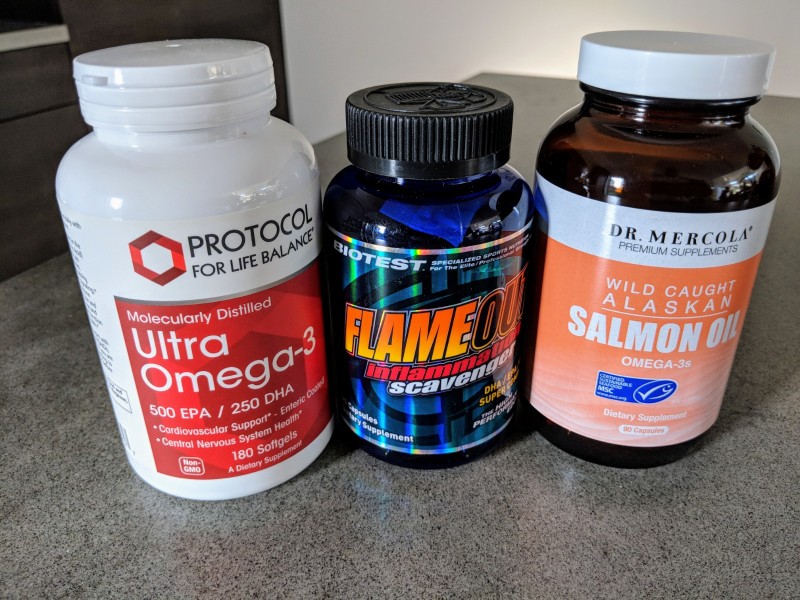
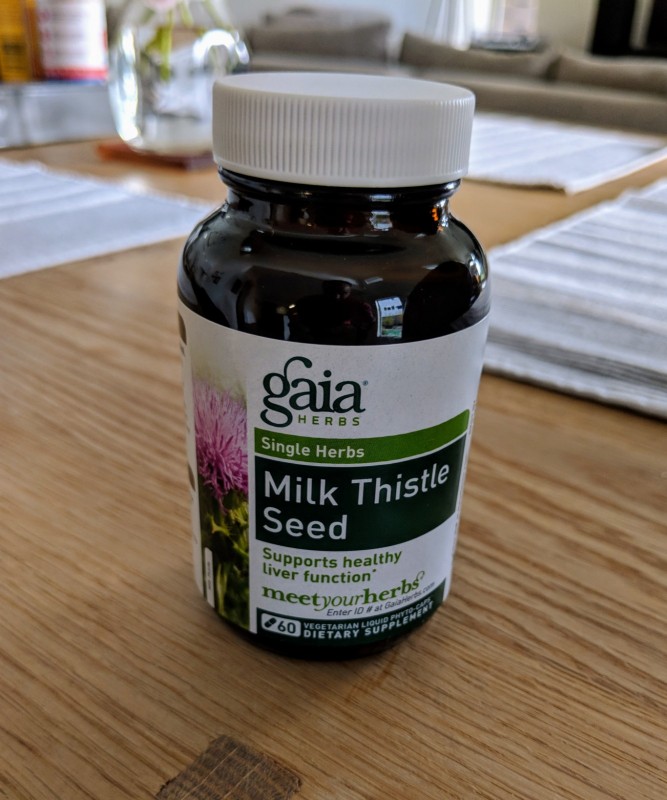
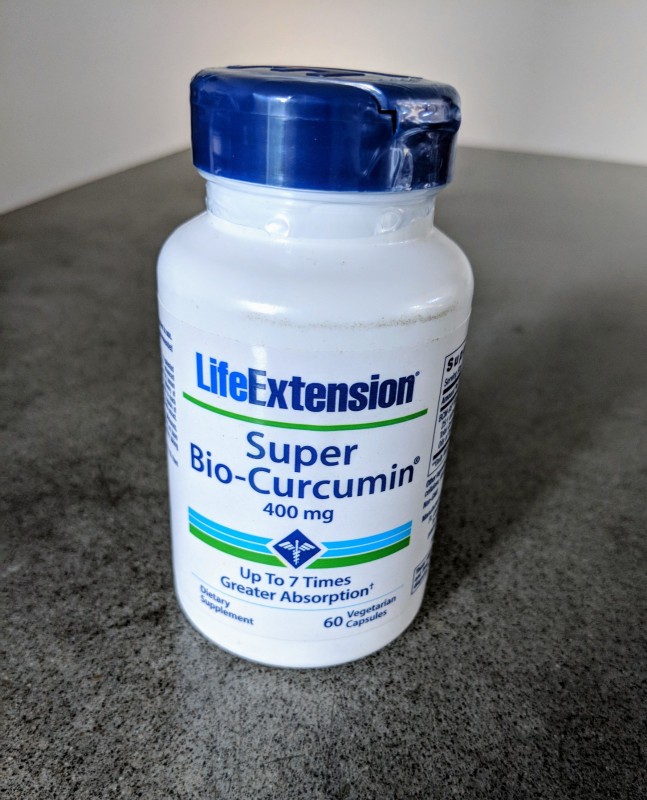
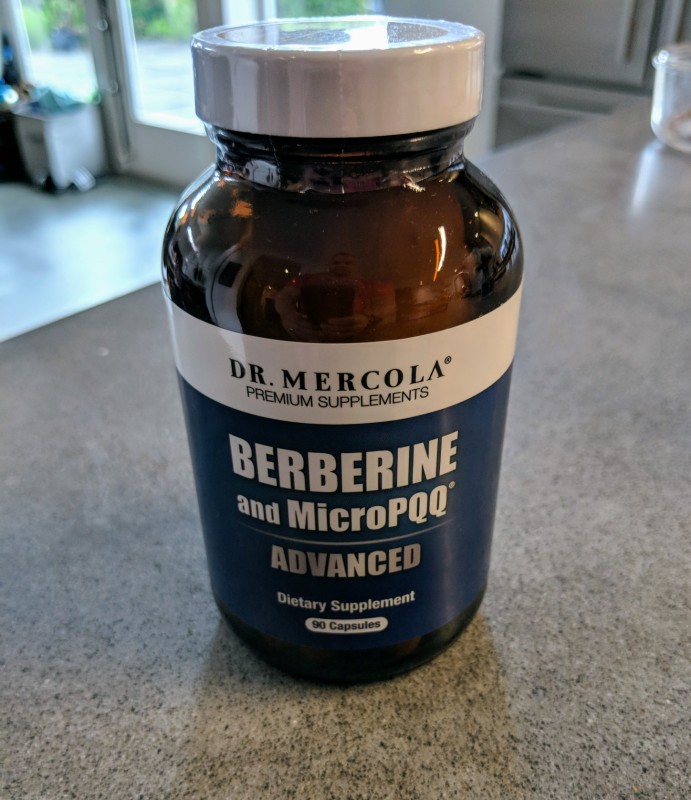
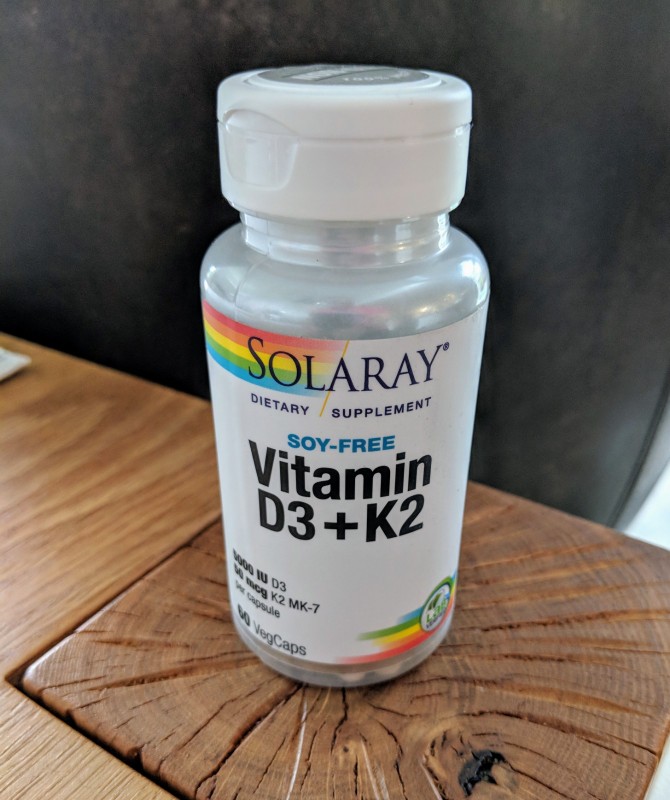
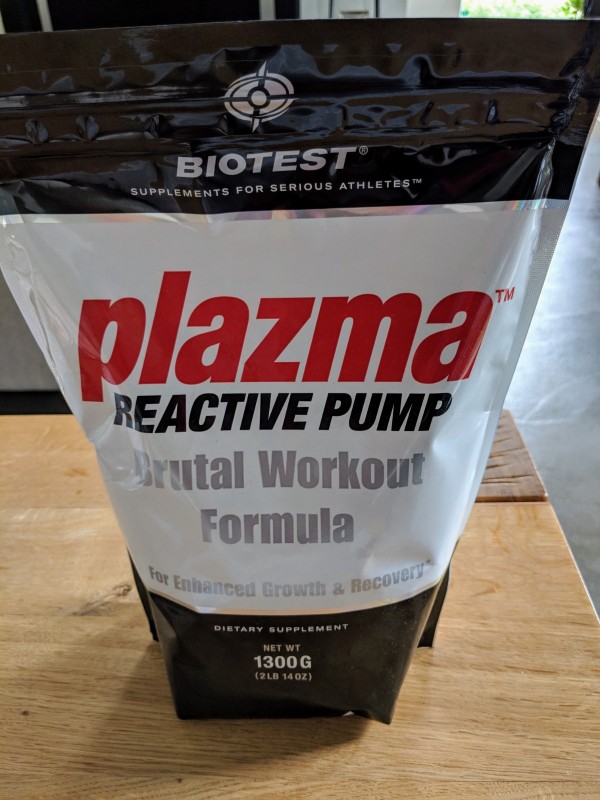
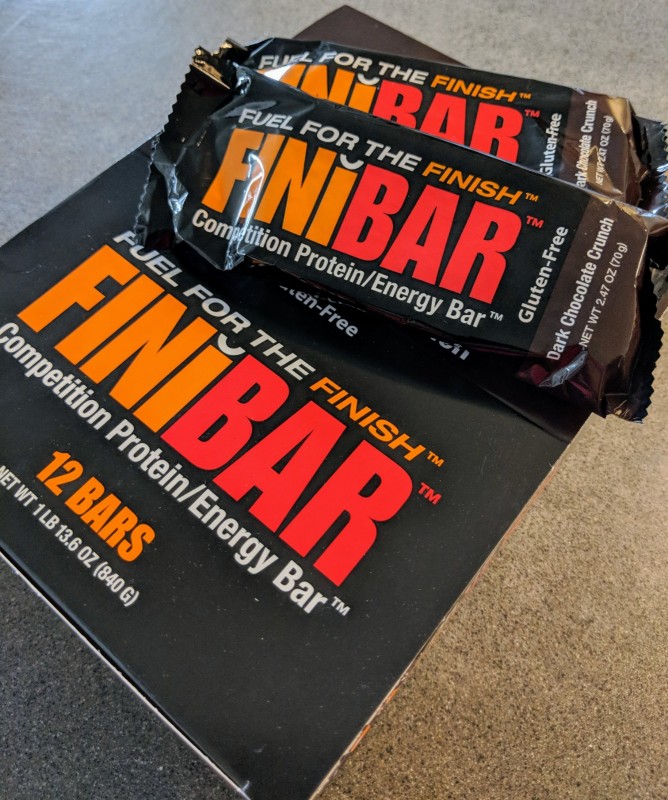
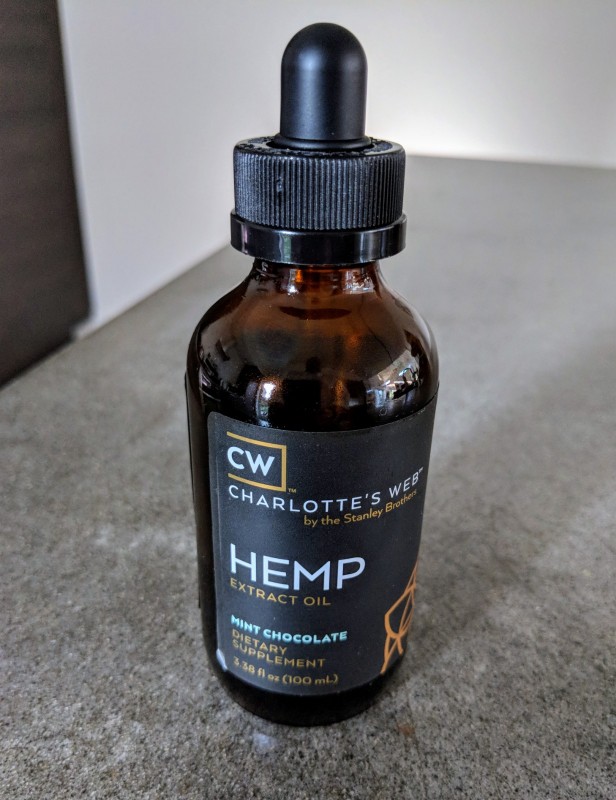
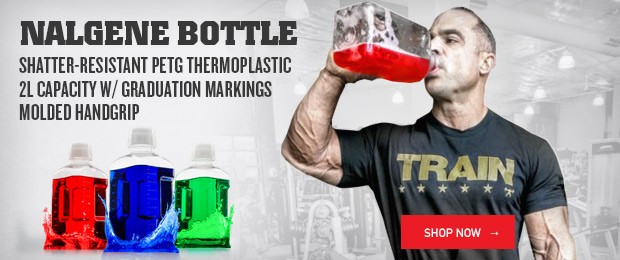
EPA: 2400 daily and DHA 1200 daily with food for lipid support. I use 10k iu of vitamin D daily, but blood work will dictate long-term dose. I triple the serving suggestion on the curcumin. All others I go with standard serving size recommendations.
I hope this helps!
All the best,
Mark